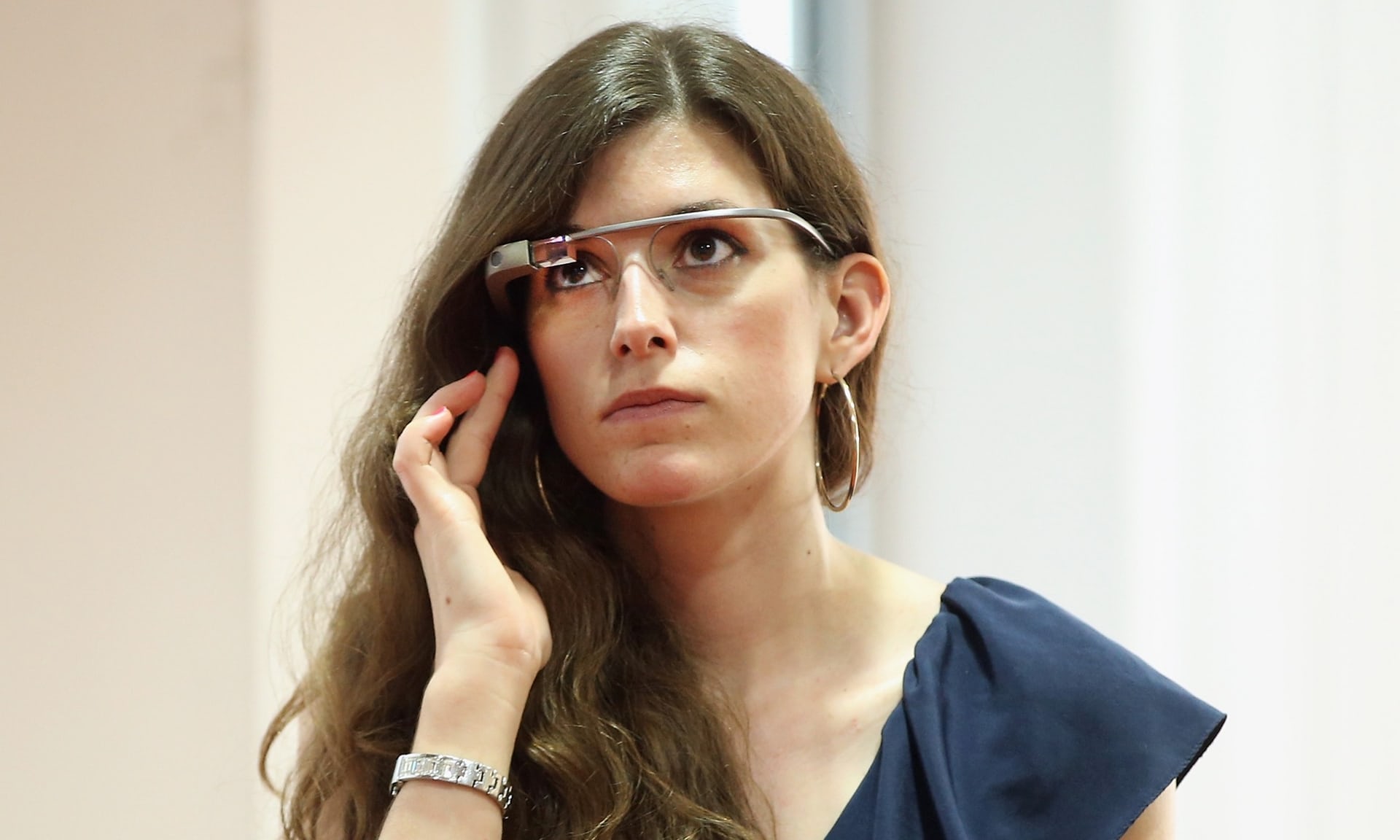How Silicon Valley divided society and made everyone raging mad
“Silicon Valley’s utopians genuinely but mistakenly believe that more information and connection makes us more analytical and informed. But when faced with quinzigabytes of data, the human tendency is to simplify things. Information overload forces us to rely on simple algorithms to make sense of the overwhelming noise. This is why, just like the advertising industry that increasingly drives it, the internet is fundamentally an emotional medium that plays to our base instinct to reduce problems and take sides, whether like or don’t like, my guy/not my guy, or simply good versus evil. It is no longer enough to disagree with someone, they must also be evil or stupid…
Nothing holds a tribe together like a dangerous enemy. That is the essence of identity politics gone bad: a universe of unbridgeable opinion between opposing tribes, whose differences are always highlighted, exaggerated, retweeted and shared. In the end, this leads us to ever more distinct and fragmented identities, all of us armed with solid data, righteous anger, a gutful of anger and a digital network of likeminded people. This is not total connectivity; it is total division.”

